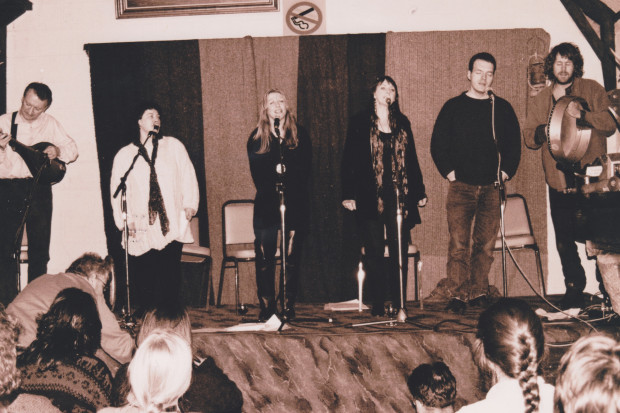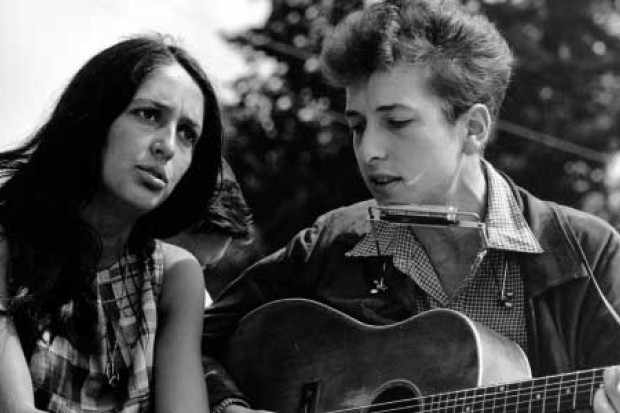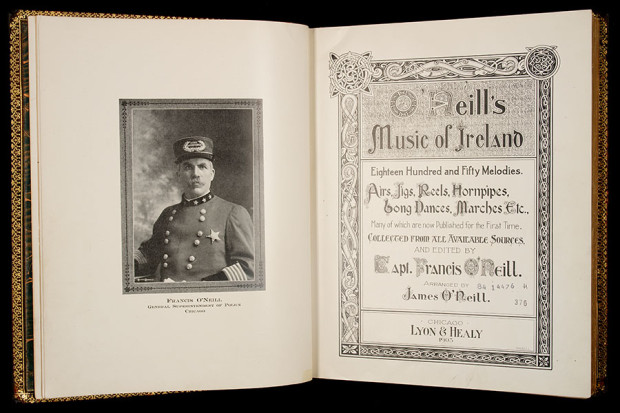Editorial: The Music of Consumer Capitalism
In the Preface to Desmond Fennell’s The State of the Nation: Ireland Since the Sixties, published in 1983, we are confronted with a list of features of the 60s and 70s: ‘the Northern rebellion and war began, and the Republic, after responding, initially, in the old nationalistic manner, decided that its interests lay in avoiding the issue … Prosperity of a degree never experienced before spread throughout the Republic. .. Emigration ceased … Irish traditional music flourished in revitalised forms, and became the second most popular music in Western Europe after pop… suicides more than doubled and attempted suicides increased sixfold… sexual license increased dramatically, violent crime became epidemic, marriage breakdowns were frequent… In the last remaining Gaeltacht districts, most young parents began rearing their children in English … Serious monthly and weekly journals disappeared … The mass media had a virtual monopoly of the day-to day public discourse. There was a remarkable renaissance of Irish book-publishing, but not in the field of thought .. .’
Naturally, I have selected this passage because of the included reference to Irish music. I always watch for references to music in books and articles that, on the surface, seem to have little to do with music. It is primarily out of curiosity, as I wonder how music in Ireland is perceived by observant analysists who are not involved in it to any serious degree.
Fennell’s reference interested me because of the social disorder of the 1960s and 70s it details, and I keep thinking of the bouyant interpretation that today’s traditional music world would have of that same era and its juxtaposition with Fennell’s disturbing picture.
When I first got interested in traditional music, I used regularly listen to Paul Brady and Andy Irvine’s 1975 album of songs and tunes, and I always thought of it in the light of other traditional music greats at the same time, i.e. how it fitted in with, or rated against, what others like Planxty, De Danann, and the Bothy Band were doing. In short, I took it at surface level.
In time, as I became more conscious of the make-up of Irish society, and in particular the situation in the North and the history of that conflict, the 1970s gradually took on a different picture. When I then listened to the Brady/Irvine album, I felt I now heard a poignant manifestation of the anguish caused to Irish society by that war. I began to suspect that what I initally thought was a brilliant recording simply because it did ‘brilliant and innovative things with traditional music’ was actually special because the artistry of the duet had managed to capture an undercurrent in Irish society: war, social chaos, directionlessness, identity crisis, etc.
Why should that surprise me, given that music expresses human experience, and this great music had obviously done its job well? Only, perhaps, because I am not used to thinking this way, or rather, making such a connection between music and society is not usual in our present climate of cultural debate. Instead, we discuss music in a way that is slow to take on board what is going on in the wider world. This approach gives us carte blanche, it allows us to negotiate with music’s fundaments. Everything can be subjective, each and any argument can be batted back with an undefeatible ‘But what is music?’
My aversion to this style of musak-speak drives me to seek out music’s social and cultural context. But in the absence of any writing on music that might provide that context, for example, from outside the music community - the sociologists, philosophers, intellectuals, culture academics, historians, and anthropologists - I find myself adapting what I think are intelligent analyses of other art forms and culture generally, and seeing how they pan out in music terms.
In that respect, I found Desmond Fennell’s monograph on Seamus Heaney, Whatever You Say, Say Nothing: Why Seamus Heaney is No. 1 (1991), very interesting. When this piece of writing was republished in Heresy, Fennell’s collection of essays from 1993, he wrote in the Foreword: ‘My monograph on the reputation and poetry of Seamus Heaney raised the questions of what makes poetry great and how to characterise the poetry of consumer capitalism, which succeeded that of modernism.’ To my mind, if there is such a thing as ‘the poetry of consumer capitalism’, it suggests to me that there could equally be a ‘music of consumer capitalism’. In fact, when I said this latter phrase back to myself, I couldn’t help feeling that it characterised the general thrust of contemporary Irish traditional music. Traditional music’s patron, it seems to me, is now the corporate world, and this music is playing out a certain role in that world. Our attempts to maintain our integrity within this paradigm are fraught with commercial pressure. Furthermore, I think we will remain in this situation unless we begin to think about our music within a wider social context and begin to challenge the terms of reference that have been prescribed for us.
There is another observation in Fennell’s monograph that captures, for me, an aspect of contemporary Irish traditional music. In it, he is discussing how poets reacted to, in Fennell’s words, ‘the consumerist form of liberal capitalism, which emerged in the fifties and reached maturity in the sixties’. ‘True,’ he writes, ‘when the poets looked at the new mass affluence and its trappings, they took a sour view of it and reflected this occassionally in their verse. But they did not thunder, and their grumblings registered decorously as poetic disdain for philistine values.’
If you substitute ‘poets’, ‘verse’ and ‘poetic’ with ‘Irish traditional musicians’, ‘music’ and ‘musical’, I don’t think we could come up with a better summary of what has been the modern Irish traditional musician’s stock reaction to our new world order.
No doubt, if you accept the general thrust of this analysis, yet have nothing to do with Irish traditional music, you will find aspects of it in your own genre of music.
But to get back to my original interest in music and its social context, a musician friend was recently telling me about some extraordinary developments in jazz in the 1940s and 50s that he had learnt about. Not being a jazz musician, I had to think hard to understand the true significance of the developments. I tried to think of any parallel developments in Irish traditional music but couldn’t. To help me to understand, I asked what events in society at that time might have prompted such a re-evaluation of jazz theory and thinking.
The conversation wandered, but I realised that, for musicians and composers of different genres, our society is the most obvious common ground we have. These days, probably because we have so much easy access to musics from all over the world, we are always quick to look at how musics from different genres might sound similar or how they might use similar inflections, time signatures or instrumentation. And yet this is really quite ambiguous territory - it’s certainly very difficult to come to conclusions. Instead, we might try looking at what is our common human experience and how we are - together - representing that in music, though in different ways. Better that than keeping our connections at surface level or worse still, dismissing any affinity at all. We will, I think, be on much surer ground, and may then appear interesting enough for the nation’s culture analysists to write about.
Published on 1 September 2001
Toner Quinn is Editor of the Journal of Music. His new book, What Ireland Can Teach the World About Music, is available here. Toner will be giving a lecture exploring some of the ideas in the book on Saturday 11 May 2024 at 3pm at Farmleigh House in Dublin. For booking, visit https://bit.ly/3x2yCL8.












